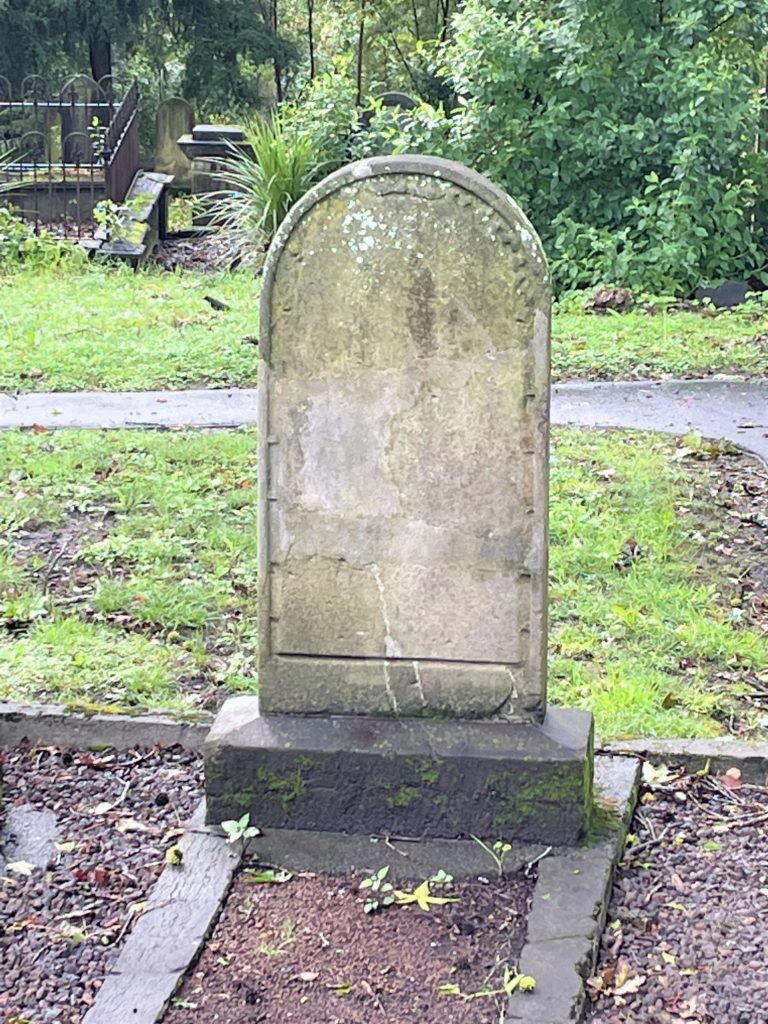Importance of Trust Protectors in Florida Estate Planning

What’s the importance of trust protectors in Florida when many Floridians already have an estate plan? They have a POA, a living will, a will and a revocable trust. Where does a Trust Protector fit in?

Understanding Basic Florida Estate Planning Documents
Let’s start with a basic Florida estate plan:
- Will — a will or a “last will” is a written document that disposes of your property at death. It must be signed properly — signed in the presence of two witnesses who also sign in your presence. A Florida will does NOT dispose of property in a trust or joint property.
- Living Will — tells others your medical or care intent if you are unable to do so yourself. Think if you are in a persistent vegetative state– do you want to be kept alive by a machine? To read more, consider Florida Statute 765.302. For a free form, click here.
- POA — a power of attorney is a document where you give someone authority to act on your behalf. To take legal actions for you. Like pay your bills, sell your property, exercise your rights, etc. There’s a whole (half) chapter on this “most dangerous estate planning document.” A durable power of attorney, or DPOA, permits this to occur even if you are incapacitated.
- Revocable Trust — also called a living trust, this “probate avoidance” entity has a trustee and beneficiaries. It can manage your property during your life and leave property upon your terms when you pass.
- So………………….what in the world is a trust protector?
Trust Protectors Florida
A trust protector is the creature of “hard thinking” trust lawyers.
There’s no one definition for a trust protector.
In the Florida Trust Code, the word “trust protector” is only used once. And not even defined.
And, candidly, lawyers who “write” trusts have different takes on trust protectors and what they do or should do.
Here’s a broad overview:
- A trust protector is granted authority. Typically by the creator of the trust. Maybe somebody else, like a trustee.
- He or she generally has a very limited, defined role. After all, she is not the trustee. The trustee = the trustee.
- She may be able to remove or replace a trustee. Or review accounts, or take actions which may benefit the beneficiaries. Like help with investment decisions, property sales or making tough calls that a trustee does not want to make. Or can’t make. Such as if there is a conflict of interest or self dealing matter.
- He might also have certain administrative authority or powers.
- The key to understanding the role of a particular one is to read the trust document carefully. The trust document has to spell out the role — the authority that is being granted.
- In the future, look for states to define what they are, as well as their responsibilities and obligations. Most agree that one is a fiduciary, but others may differ.
- A trust protector can give the trust creator (also called the “grantor” or “settlor”) some power and flexibility. Writing a well-thought-out, carefully planned trust, with instructions for the trustee, and also a trust protector, just might let you rule from the grave. (Or, it could cause your family beneficiaries a lot of money in legal fees if things go wrong.)